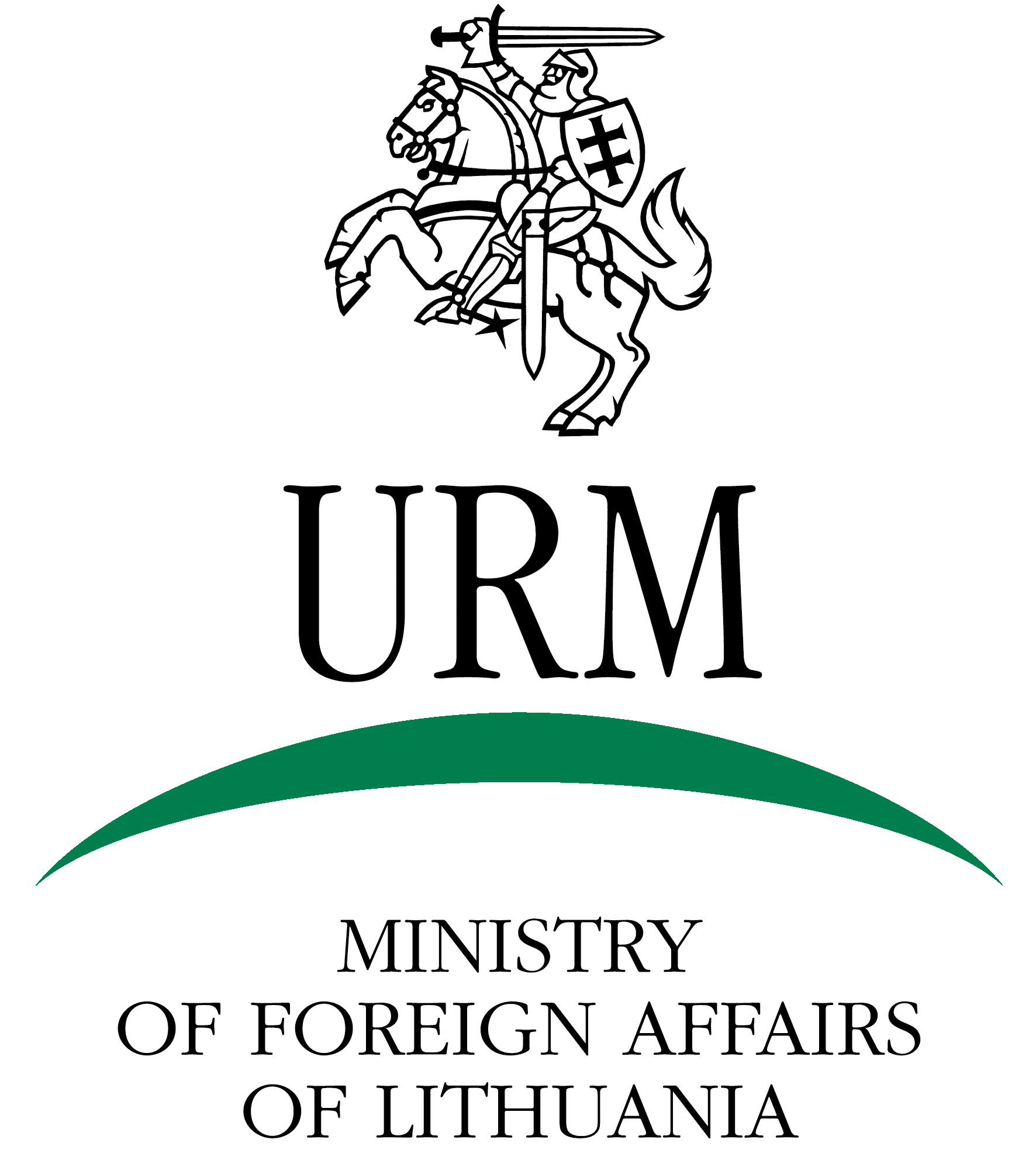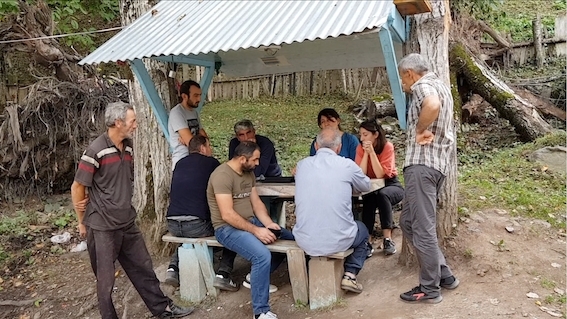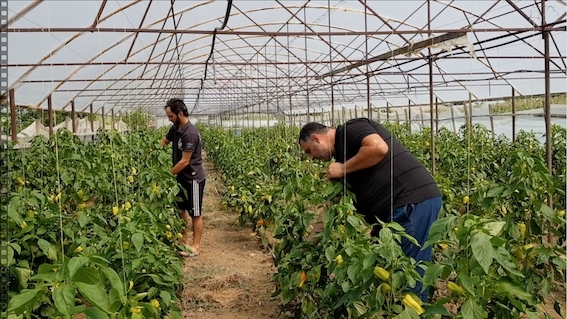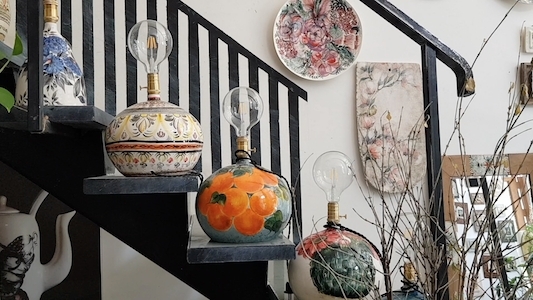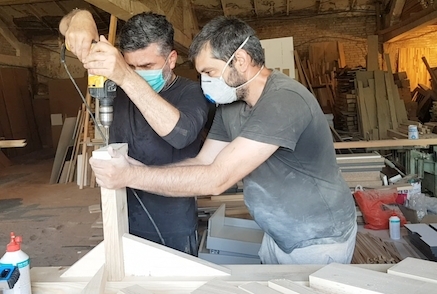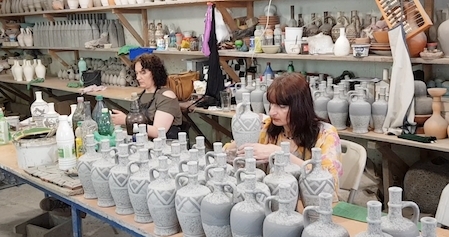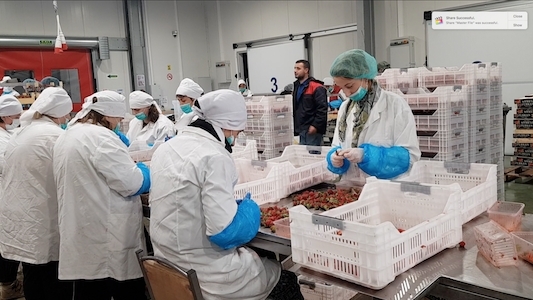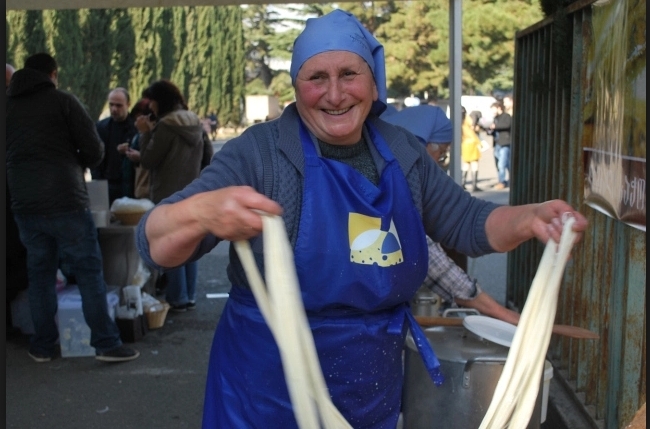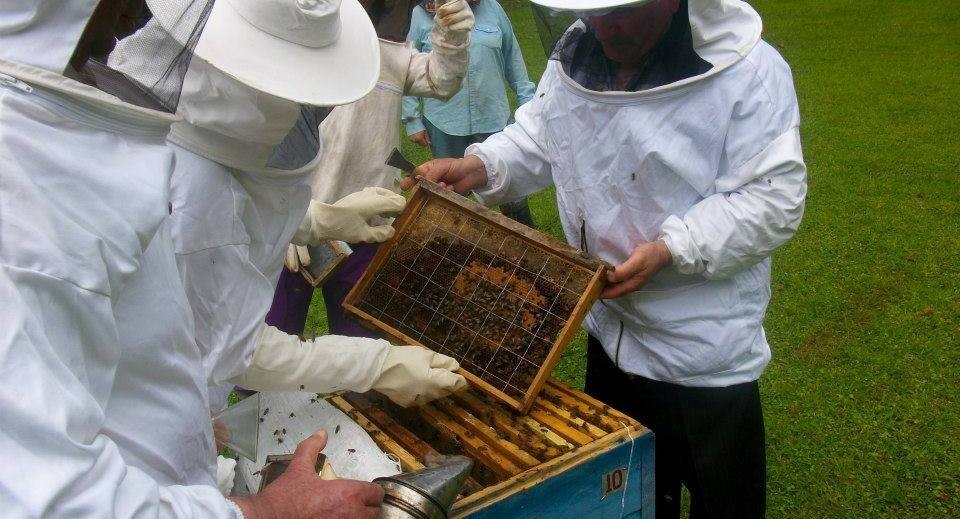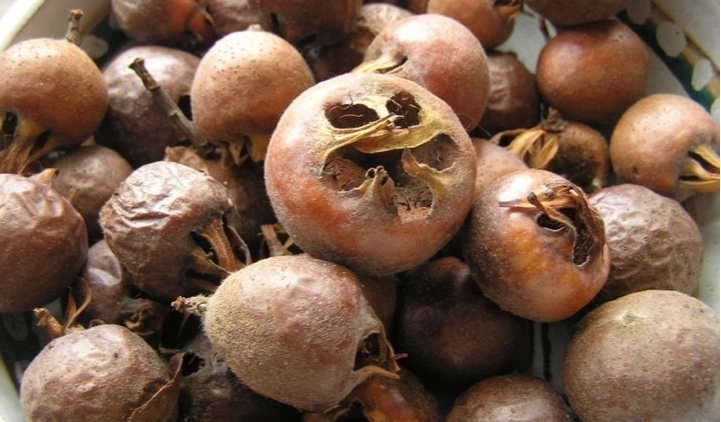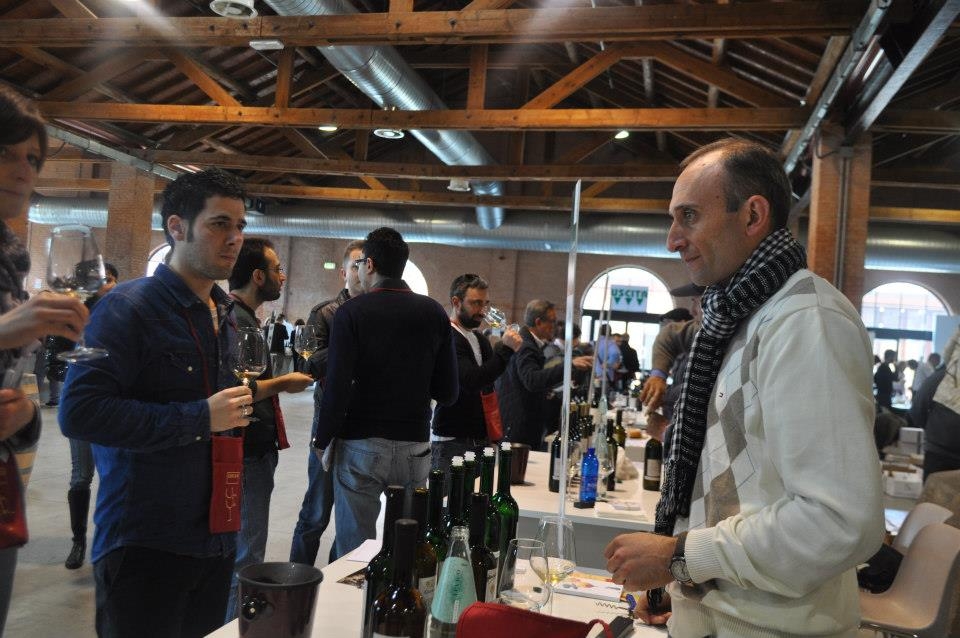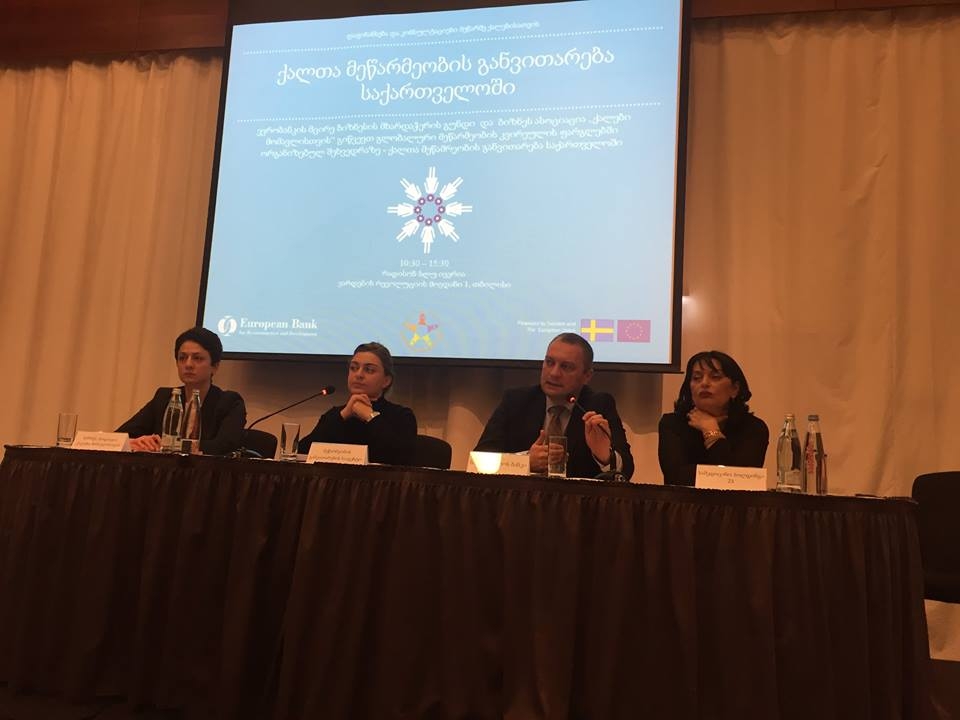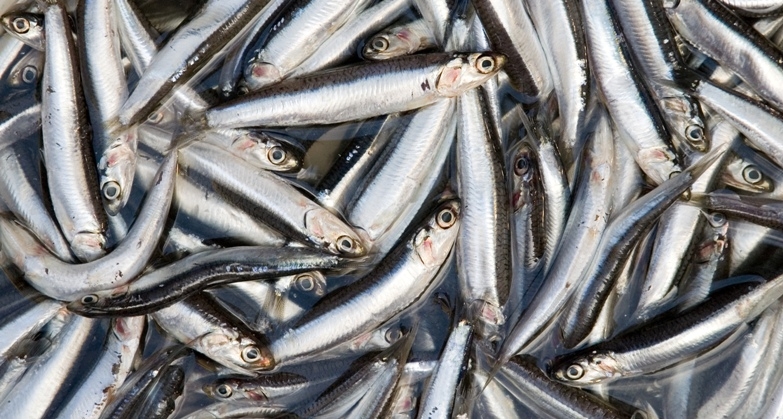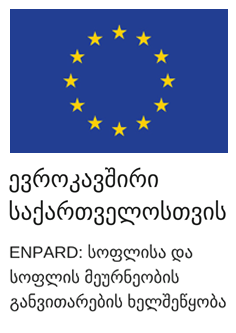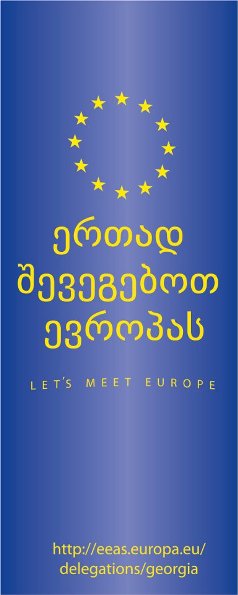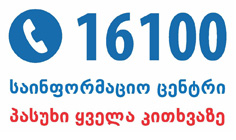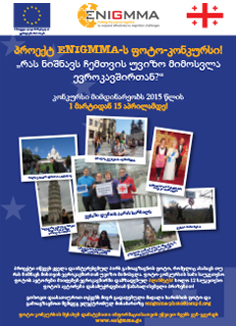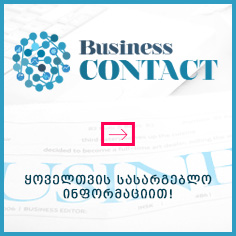Packaging materials companies is experiencing a lack of qualified personnel and modern equipment

Revaz Topuria: "There are only 8 companies in the cluster, but they are already able to bring benefits to each other"
There are currently 8 companies united in the packaging materials cluster. 20 companies in Kakheti have been identified as a potential member. The management board suggests that enterprises in other regions will also join in the cluster and by the end of the year the number of members will exceed 50. The cluster was created on the basis of the Georgian Association of Packaging Materials Manufacturers, as the legislation does not allow the registration as a cluster. The board of directors of the Georgian Packaging Materials Cluster says that the expansion process has been delayed by the Covid 19 pandemic and once the situation is stabilized, the cluster will be fully operational.
Revaz Topuria, the managing director of the cluster, says about the process of cluster formation and future plans:
2020 is the first pilot year for the cluster. We have big plans ahead. First of all, we are going to conduct a research on the packaging materials sector. The required amount was allocated by donor organizations. This study will show what opportunities exist for packaging material producers and in what direction they should be developed. In addition, we applied for the USIAD’s grant project, and if we receive funding, we will use that money to train 50 people. When we ask companies about problems, they name the lack of staff as a number one problem. After the training, almost all companies will have one qualified staff, who will manage the production line.
With the help of international donors, we visited Hungary, where we learned about the experience of the packaging cluster - "OmniPack". OmniPack is a large cluster that exists with state support. We met with representatives of state structures who shared us their experience. We have applied for one of the grant projects with the Hungarian cluster and we are going to join the European consortium in the future. We also plan to start cooperation with Polish and Ukrainian clusters of packaging materials. We will consider their experiences; we will analyze their failures and successes. An international expert hired by UNDP (United Nations Development Program) will help us in the process of refining the strategic documents of the cluster.
We want to create a cluster model where not only packaging companies will cooperate, but also companies that use those materials. For example, wine companies that need boxes have joined the cluster. The cluster will also include suppliers of raw materials such as glue or paper suppliers, whose products are used by packaging manufacturers.
The cluster for its member businesses will be a networking hub where companies work closely together. There are a total of 8 companies in the cluster, but they are already managing to benefit each other. For example, one company member in our cluster that makes plastic jars buys cardboard boxes from another member company to store these jars. The boxes are sealed with a special cellophane made by a third member company. There is more trust between these companies, and they also offer discounts with each other.
The cluster will be an industry advocate - if a member company has a problem, the cluster management board will address the issue to the government or donor organization on behalf of the industry. Considering all these factors, we think that many businesses will be interested in joining the cluster. About once a month I go to companies and ask if they have any bureaucratic problems, and in this case, we offer advocacy.
- What kind of problems do packaging companies currently have?
- Companies working in this field have two main problems: shortage of qualified staff and lack of modern equipment. The equipment needed to produce packaging materials is quite expensive and requires large amount of investment. Consequently, setting up a packaging materials enterprise is not easy. Most of our cluster member companies are trying to replace the Chinese machine with a European one. They mostly are second-hand, but the price is very high. Relationships with banks are also not easy for companies. Therefore, they need help to raise funds for investment.
Most of the packaging materials in Georgia is imported from Turkey. Consequently, there is a capacity to increase sales. Some manufacturers also want to export their products, but first they have to satisfy local demand. The final goal of cooperation with European clusters is that the Georgian packaging producers to have business ties with them and plan future projects together.
One of the problems related to the EU directive, which implies the introduction of an extended liability for entrepreneurs. The companies need more information about what exactly this directive provides. Entrepreneurs are also interested in receiving information about other DCFTA regulations regarding the production of packaging materials.
- How would you evaluate current readiness of the business sector for clustering? What problems do you face in this process?
- Many of them have no information about the cluster at all. It is difficult to explain that they have to pay monthly fees in exchange for being in the cluster. Cooperation with companies has become more difficult in the regions. Hungarian and Polish colleagues told us that they also had similar problem at the initial stage of cluster formation.
Our regional representative worked in the Chamber of Commerce and was also involved in private business in Kakheti. Thanks to his connections with the heads of companies, it has become easier to unite the enterprises in the region. Foreign experts also advised us to select a person who knew the companies personally as a regional representative.
- How many companies do you expect to join the cluster?
We will negotiate with about 100 companies. We assume that there will be 50 companies in the cluster by the end of the year. Many companies will express their interest to join later.
- How much does a company have to pay as a membership fee?
- The fixed membership fee is 400 GEL. However, we plan to set a membership fee according to the size of the company. The smaller the company, the less it will pay. Membership fee for large companies is expected to be 150 GEL. For a medium-sized enterprise - 80 GEL, depending on the number of employees, while a small company will pay 50 GEL. From next year we will probably move to a new scheme and the companies that will join us in the future will no longer pay 400 GEL. European experience has shown that it is desirable to have an educational institution in the cluster, so we are going to invite academia of Technical University in the cluster.
Author: Nona Kvlividze
The article is prepared with the financial support of the Ministry of Foreign Affairs of Lithuania and "Development Cooperation and Democracy Promotion Programme."
